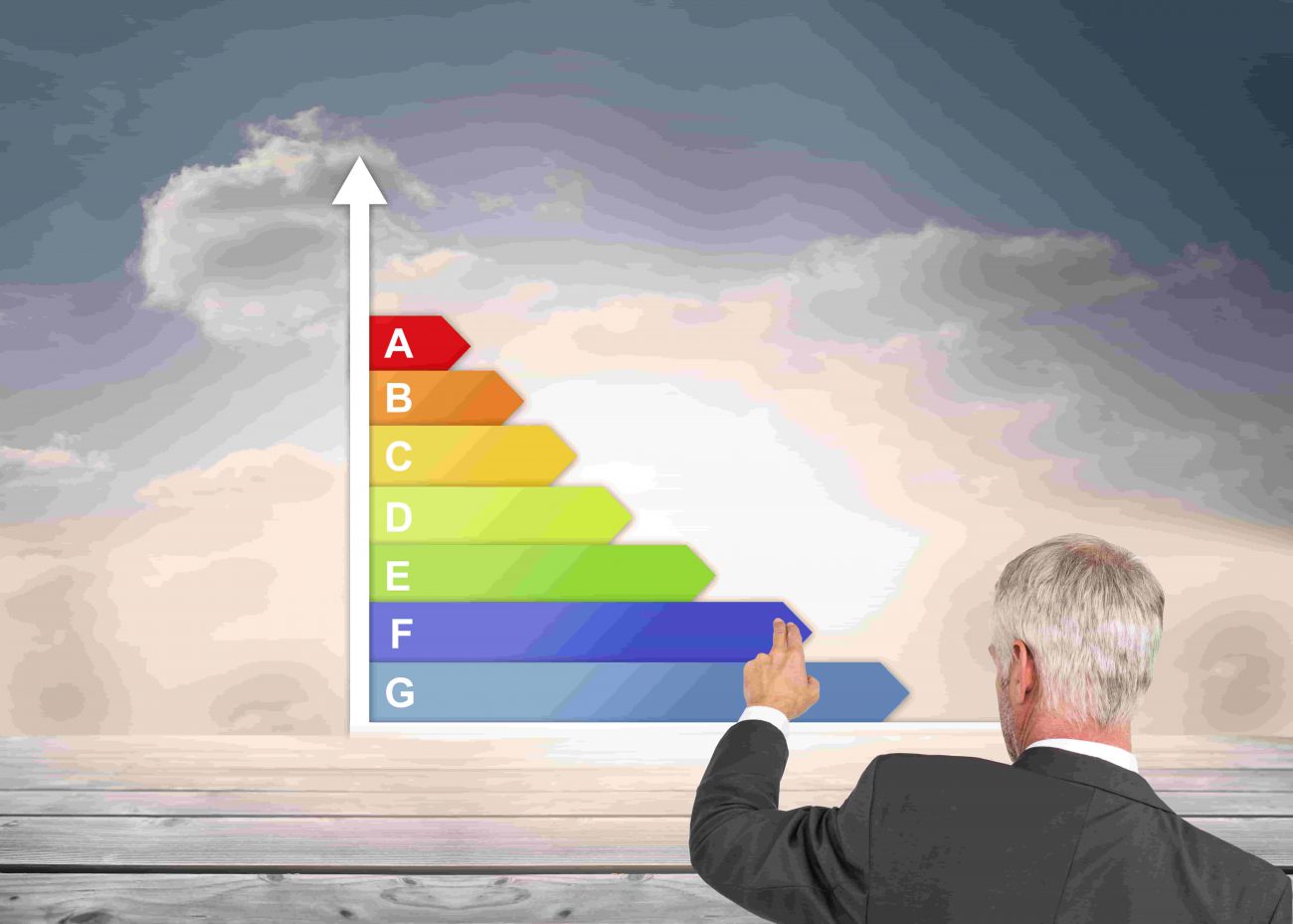Does My House BER Rating Impact the Cost of my House Insurance?
Caeva O'Callaghan | December 12th, 2023

Improving your home’s BER rating is a great idea – but does it affect your home insurance?
No. Your home insurance premium is calculated on the value of your building, contents and specified items.
However, making improvements to your house’s energy efficiency can help improve the BER rating and lower the risk of accidents happening such as leaking pipes or frost damage.
In this article, we’ll cover the following questions:
- What is a BER rating?
- How can the right plumbing system lower my home insurance?
- Does attic insulation affect my insurance premium?
Lowering your insurance premium is not guaranteed with a better BER rating, but the benefits of making your house greener go far beyond insurance.
What is a BER rating?
A BER (Buildings Energy Rating) measures how energy-efficient your house is. A BER certificate rates your home’s energy performance on a scale between A and G. A-rated homes are the most energy efficient while G-rated are the least energy efficient.
According to SEAI (Sustainable Energy Authority of Ireland), most houses built before 1990 in Ireland score a D rating or worse – which is bad news for the environment, as well as your pockets.
A BER rating is not only a good indicator of how much carbon you will produce to heat the home to a comfortable level, it’s also a predictor of how much you’ll spend on energy. And the harder the home’s energy system has to work, the more pressure it is under, which can lead to greater risks for your home insurance.
Building Energy Rating (BER) certificates are legally required if you are selling, renting or buying a home. Your home should already have one: if you can’t find it, you can check the SEAI’s website.
How can the right plumbing system lower my home insurance?
Plumbing systems don’t affect your BER rating, but home insurance companies still want to know what’s lurking behind your walls and inside your pipes.
This is because your plumbing is one of the most likely causes of a disaster in the home. Leaky pipes, water damage, flooding – all of them are insurable risks, and can be compensated for by insurance companies. So, before they give you a home insurance quote, they want to know what they’re dealing with.
The cost of your home insurance will take into account the kind of plumbing you have. It’s important to know what system you’re using before you begin to make modifications. You’ll have two systems – for hot, and cold.
A direct water system brings cold water in from outside and distributes it around your house. This feeds cold taps in the kitchen and bathroom, and sometimes (but not always) a cold water storage tank in your attic.
In an indirect water system, only the kitchen cold water tap and the cold water storage tank are fed by the mains. Other outlets are then fed by gravity from your cold water storage tank in the attic. These systems have their disadvantages, but they give you a reserve if the water is ever shut off, which means in cold weather you can easily stop pipes from freezing.
Does attic insulation affect my insurance premium?
No. But again, insulating your attic can help lower your heating bills, keep your house warmer, improve your BER rating and reduce your energy emissions. And if your pipes aren’t being overworked to heat your home, the risk of leaks or freezing pipes is lessened.
There are grants available in Ireland through the SEAI. For attic insulation, there is up to €400 available. Do make sure you comply with regulations to ensure you can avail of any grants available. Beyond your attic, there are also other insulation grants available so check these out as it may make sense to insulate other parts of the home whilst doing the work.
If your attic insulation is under 100mm, it’s a good idea to thicken it to the recommended 270mm to improve your home’s BER rating.
Bear in mind that insulating your attic floor (versus putting sheet insulation in the slope of the roof) will make it colder. If you have pipes or a cold water tank up there, you’ll need to install lagging to make sure they don’t freeze in winter.
Confused about reducing insurance risks in your home? Give our home insurance experts a call today, and we can give you professional advice and compare quotes for you. Contact us between 8.30am and 5.30pm Mon-Fri on 0818 224433 or 042 9359051.